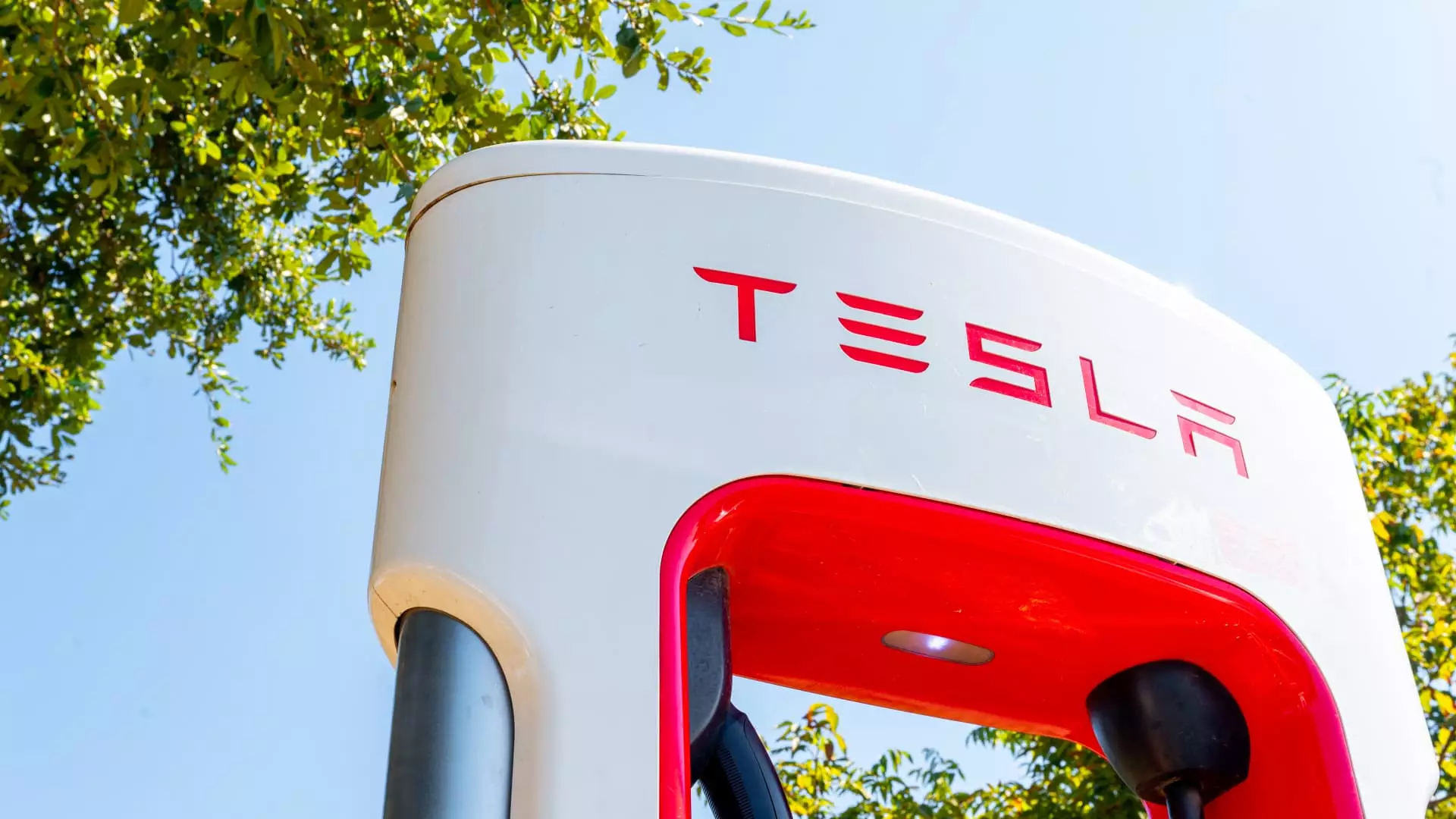The auto industry has witnessed a profound transformation in recent years, especially with the advent of autonomous driving technologies. Tesla, a pioneer in this field, has made unparalleled strides with its Autopilot system. However, this innovation has also garnered controversy, leading to significant legal repercussions. One such case that is currently capturing public attention involves the tragic death of a Tesla driver, Genesis Giovanni Mendoza-Martinez, in a collision while using the Autopilot feature.
The Incident and Legal Context
The collision occurred in Walnut Creek, California, in 2023 and resulted in the death of Mendoza-Martinez, while his brother, Caleb, who was a passenger, sustained serious injuries. In the aftermath, the Mendoza family filed a lawsuit against Tesla, alleging “fraudulent misrepresentation” surrounding the capabilities of the Autopilot technology. This claim suggests that Tesla has misled consumers, exaggerating the capabilities of its driving systems to boost the company’s reputation and financial performance. This lawsuit is part of a larger trend, as there are at least 15 other active cases linked to Tesla’s Autopilot, indicating a broader scrutiny of the technology and its marketing.
The legal maneuvering has also shifted significantly, with Tesla successfully moving the case from a state court in Contra Costa County to federal court. This is noteworthy because federal courts generally impose a higher burden of proof for fraud claims, which may complicate the plaintiffs’ efforts to establish their case. The nuances of litigating in federal versus state court may influence the proceedings, and the Mendoza family faces uphill challenges in proving Tesla’s alleged misrepresentations.
Claims of Misrepresentation and Negligence
The Mendoza family’s attorneys assert that Tesla and its CEO, Elon Musk, have consistently exaggerated the functionalities of the Autopilot system through various outlets, including social media, company blogs, and public statements. By claiming heightened levels of autonomy, the lawsuit posits that Tesla creates an unrealistic expectation that compromises user safety.
Conversely, Tesla’s defense reposits that the accident was predominantly the result of the driver’s own negligence. They argue that any reliance on Tesla’s representations does not significantly factor into the cause of the collision. The defense emphasizes that Tesla vehicles are designed to comply with established safety protocols at both state and federal levels, thus shifting attention away from allegations of fraud.
The juxtaposition of these claims raises important questions about accountability and the responsibilities of automotive manufacturers in advancing autonomous technologies. As companies offer increasingly sophisticated driving aids, the onus is on them to ensure that consumers understand the limitations and risks associated with these features.
The legal challenges facing Tesla extend beyond the courtroom, with multiple regulatory bodies investigating the implications of its Autopilot system. The National Highway Traffic Safety Administration (NHTSA) has been actively probing incidents related to Tesla’s automated driving technology. These investigations have spurred Tesla to implement various changes, including software updates aimed at improving the safety and efficacy of its systems.
Moreover, the California Department of Motor Vehicles has taken action against Tesla, alleging that its promotional claims about Autopilot and Full Self-Driving (FSD) capabilities amount to false advertising. Such allegations could not only affect Tesla’s reputation but also erode consumer confidence in automated driving systems as a whole. The implications of this case may further echo through the automotive industry, setting precedent for how manufacturers communicate and market emerging technologies.
As the scrutiny surrounding Tesla’s Autopilot continues, the implications for the broader automotive market cannot be understated. With companies like WeRide and Pony.ai already operating commercial robotaxi services, Tesla’s delays in delivering its own autonomous transportation solutions might hinder its competitive edge. Meanwhile, Elon Musk’s ambitious promises about Tesla cars achieving full autonomy have yet to materialize, adding fuel to skepticism about the company’s long-term projections.
Ultimately, as the Mendoza case unfolds, it will not only impact Tesla but could serve as a pivotal moment in defining the relationship between technology manufacturers and their consumers. With the evolution of automated driving technology comes a critical responsibility to promote transparency, ensure safety, and foster trust among users navigating this new frontier. The verdict of this case might well echo in the collective perception of automated technologies and their role in our everyday lives for years to come.


Leave a Reply